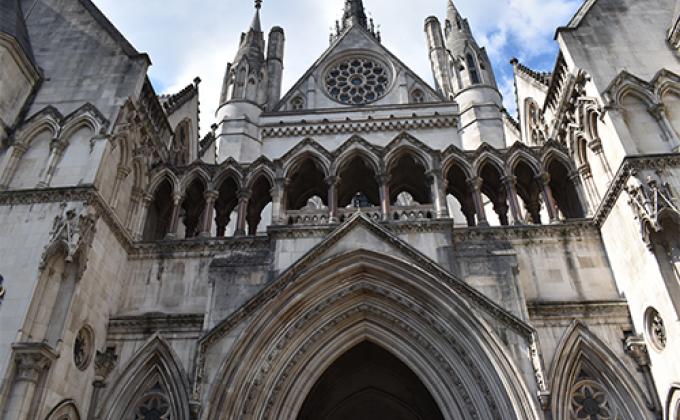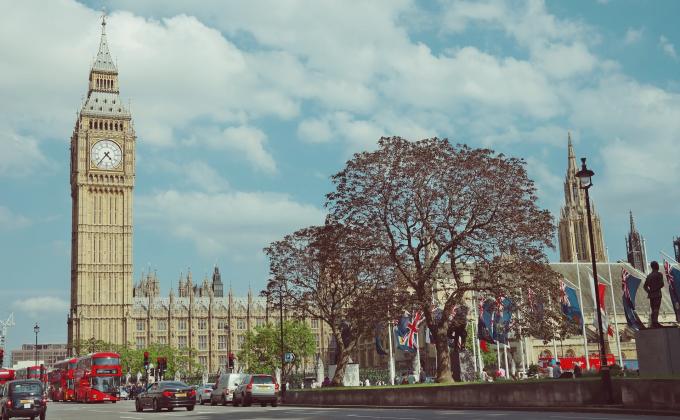This article presents a legal and public policy analysis of Shakeel Begg v British Broadcasting Corporation, a British libel case brought before the High Court in 2016. Begg v BBC provides a lens through which current debates on extremism and counter-extremism in the UK may be analysed. More specifically, the authors use their analysis of the case to address criticisms levied against the UK Government’s counter-extremism strategy, including the conceptualisation and definition of “Islamist extremism”. The article offers two main contentions. First, that the judgment in Begg v BBC has been undervalued by politicians and policymakers in the UK, as well as by scholars, journalists and other commentators. Second, that Lord Justice Haddon-Cave’s judgment in Begg v BBC provides a useful framework for those wishing to define, identify and tackle Islamist extremism, and extremism of any kind, in the UK and elsewhere.
This publication represents the views of the author(s) solely. ICCT is an independent foundation, and takes no institutional positions on matters of policy unless clearly stated otherwise.
Photocredit: lazyllama/Shutterstock









